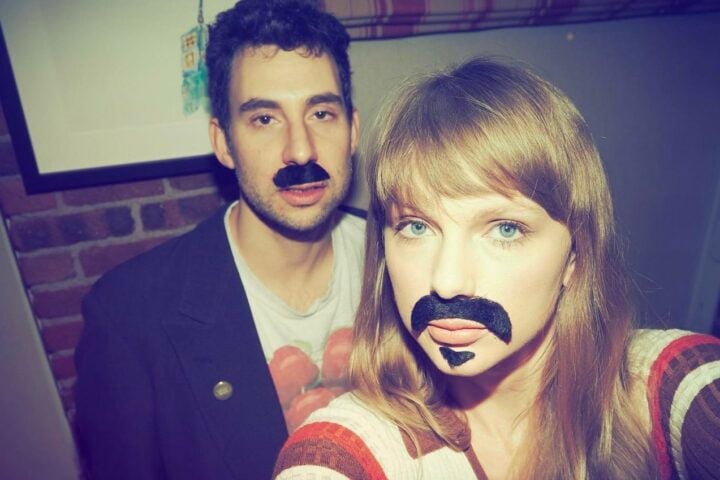Camera Obscura’s sound has rarely ventured beyond small variations on twee, reverb-soaked indie pop, and Look to the East, Look to the West—the Scottish band’s first studio album since 2013’s Desire Lines and the death of longtime member Carey Lander in 2015—is no exception. The group’s sixth studio album mostly sticks to a slow, midtempo pace, though the structures of songs like “We’re Gonna Make It in a Man’s World” grow in complexity, sometimes even changing time signatures, as they progress.
Though Camera Obscura’s primary influences are rooted in the 1960s—girl groups, psychedelia, and Phil Spector-esque instrumentation—they’re inventively comingled with more unexpected elements or genre signifiers. Country music, for example, is rarely heard as a musical reference in U.K. indie pop, but pedal steel figures prominently on the album’s title track and “Pop Goes Pop,” among others.
Kenny McKeeve’s guitar solos are fairly minimal, prioritizing emotional expressiveness over virtuosity. Which is fitting given that love is a chief point of focus in Camera Obscura’s songs. Lead vocalist Tracyanne Campbell’s wistful perspective has wizened and deepened with age. “It took 10 years to get her out of your head/We watched you swoon as she peacocked the room,” she sings on “Big Love.” Aging and mortality also creep up throughout Look to the East, Look to the West, and “Liberty Print” grapples with a troubled man’s death in refreshingly stark, plainspoken terms: “I had to visit your mother/You were her only son.”
Sonically, the album can at times feel lugubrious—only “Liberty Print” runs past the five-minute mark, though other songs feel like they do—and the ballads threaten to slump into dirges. But unusual musical choices, like the inclusion of glockenspiel on “Denon,” create some sonic interest. More than anything, though, Camera Obscura excels at generating a mood and a sense of warmth. If they stick too closely to familiar sonic territory on Look to the East, Look to the West, it is, at least, one that they’ve mastered.
Since 2001, we've brought you uncompromising, candid takes on the world of film, music, television, video games, theater, and more. Independently owned and operated publications like Slant have been hit hard in recent years, but we’re committed to keeping our content free and accessible—meaning no paywalls or fees.
If you like what we do, please consider subscribing to our Patreon or making a donation.



